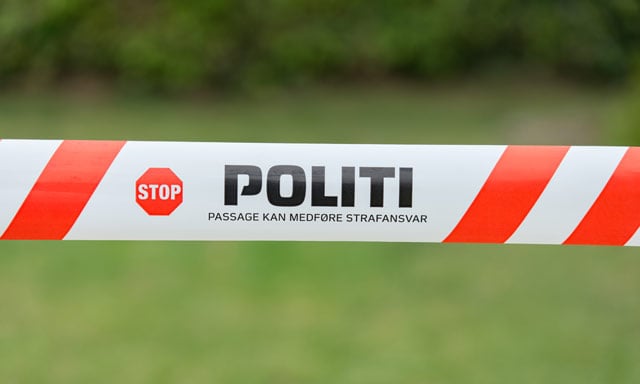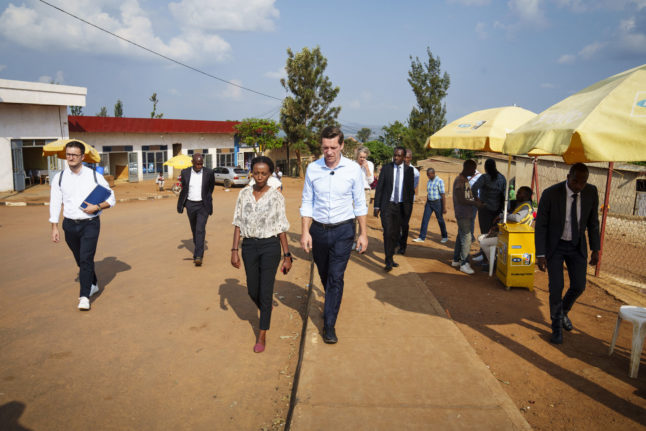CRIME
Syrian refugee and daughters found dead in Danish freezer
The bodies of a 27-year-old Syrian woman and her two young daughters were discovered in a freezer in the southern Danish town of Aabenraa on Sunday night, police said.
Published: 31 October 2016 09:49 CET

Police are searching for the woman's husband. Photo: Colourbox
Southern Jutland Police said on Monday morning that all three had been murdered and that officers were currently looking for the woman’s husband.
“Police gained access to the residence, where the three bodies were found in a freezer. The woman’s husband, and thus the children’s father, was not in the apartment and is now sought by police,” Southern Jutland Police wrote.
The two girls were aged seven and nine.
Police said they were contacted by a member of the woman’s family police after he had not been able to reach her for several days.
On Monday morning, police were carrying out technical investigations in the family’s home and speaking with people who know the family.
Police said that the family arrived in Denmark in the summer of 2015 and had achieved refugee status.
Url copied to clipboard!


 Please whitelist us to continue reading.
Please whitelist us to continue reading.